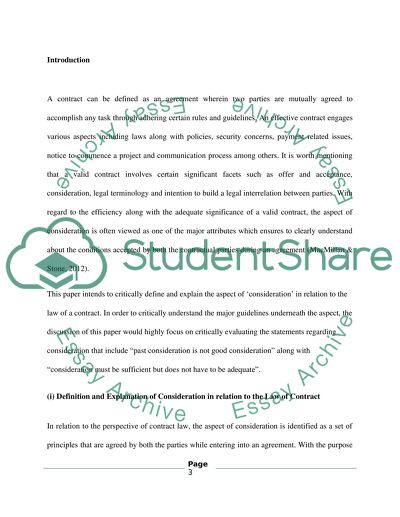Cite this document
(Fundamentals of Business Law Essay Example | Topics and Well Written Essays - 1750 words, n.d.)
Fundamentals of Business Law Essay Example | Topics and Well Written Essays - 1750 words. Retrieved from https://studentshare.org/law/1488616-international-bussiness-law
Fundamentals of Business Law Essay Example | Topics and Well Written Essays - 1750 words. Retrieved from https://studentshare.org/law/1488616-international-bussiness-law
(Fundamentals of Business Law Essay Example | Topics and Well Written Essays - 1750 Words)
Fundamentals of Business Law Essay Example | Topics and Well Written Essays - 1750 Words. https://studentshare.org/law/1488616-international-bussiness-law.
Fundamentals of Business Law Essay Example | Topics and Well Written Essays - 1750 Words. https://studentshare.org/law/1488616-international-bussiness-law.
“Fundamentals of Business Law Essay Example | Topics and Well Written Essays - 1750 Words”, n.d. https://studentshare.org/law/1488616-international-bussiness-law.


